 Increasing state censorship of the internet
Increasing state censorship of the internet
From the
BBC see full article
See also the
OpenNet Initiative
The level of state-led censorship of the net is growing around the world, a study of so-called internet filtering by the
Open Net Initiative suggests.
The study of thousands of websites across 120 Internet Service Providers found 25 of 41 countries surveyed showed evidence of content filtering. Websites and services such as Skype and Google Maps were blocked, it
said.
In five years we have gone from a couple of states doing state-mandated net filtering to 25, said John Palfrey, at Harvard Law School. Palfrey, executive director of the Berkman Center for Internet and Society, added: There has
also been an increase in the scale, scope and sophistication of internet filtering.
ONI is made up of research groups at the universities of Toronto, Harvard Law School, Oxford and Cambridge. It chose 41 countries for the survey in which
testing could be done safely and where there was the most to learn about government online surveillance.
Countries which carry out the broadest range of filtering included Burma, Iran, Pakistan, Saudi Arabia, Syria, Tunisia, the United
Arab Emirates and Yemen, the study said.
Jonathan Zittrain, Professor of Internet Governance and Regulation at Oxford University, said the organisation was also looking at the tools people used to circumvent filtering: It's hard to quantify
how many people are doing this. As we go forward each year we want to see if some of these circumvention technologies become more like appliances and you just plug them in and they work.
Few states restrict their activities to one type of
content, said Rafal Rohozinski, Research Fellow of the Cambridge Security Programme: Once filtering is begun, it is applied to a broad range of content and can be used for expanding government control of cyberspace. "Cyberspace has become a
strategic forum of competition between states, as well as between citizens and states.
The survey found evidence of filtering in the following countries:
Azerbaijan, Bahrain, Burma/Myanmar, China, Ethiopia, India, Iran, Jordan, Libya,
Morocco, Oman, Pakistan, Saudi Arabia, Singapore, South Korea, Sudan, Syria, Tajikistan, Thailand, Tunisia, Turkmenistan, UAE, Uzbekistan, Vietnam and Yemen.
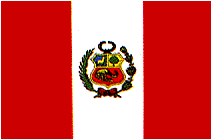 Peruvian cartoonist censored
Peruvian cartoonist censored 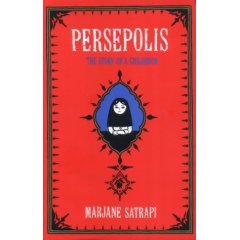
 Call to ban Shootout at Lokhandwala
Call to ban Shootout at Lokhandwala 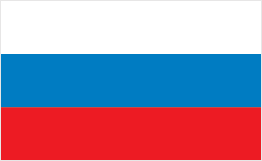 Russia considers censoring internet of 'extremist' material
Russia considers censoring internet of 'extremist' material  Japanese Supreme Court finds comic to be obscene
Japanese Supreme Court finds comic to be obscene 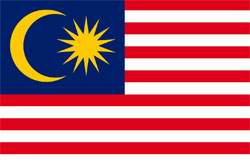 Malaysia to censor the internet
Malaysia to censor the internet  Thailand dictates TV news
Thailand dictates TV news 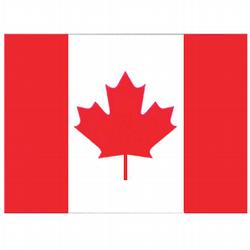 Canadian Customs seize gay erotic comics
Canadian Customs seize gay erotic comics 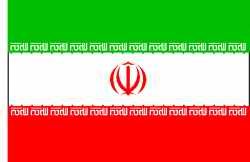 The production of porn being made a capital offence
The production of porn being made a capital offence  No new internet cafes in China
No new internet cafes in China 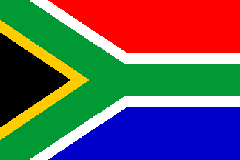 South Africa and the pre censorship of all mass media
South Africa and the pre censorship of all mass media 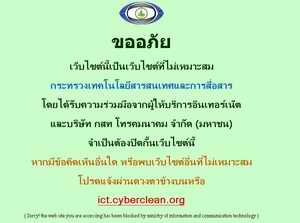 Protests against Thai internet censors
Protests against Thai internet censors 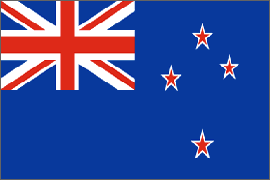 Fined for importing pissing DVDs
Fined for importing pissing DVDs 

 Turkey internet censorship signed into law
Turkey internet censorship signed into law 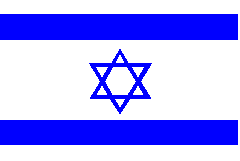 Israel considers fingerprint access to porn
Israel considers fingerprint access to porn  South Korea will introduce Internet censorship
South Korea will introduce Internet censorship 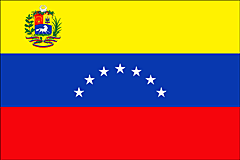 Chavez closes popular TV channel
Chavez closes popular TV channel  A Cover Up in Turkey
A Cover Up in Turkey 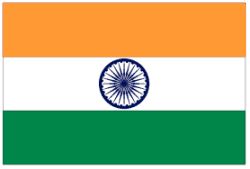 India dreams up the term 'content auditor'
India dreams up the term 'content auditor'  Google agree to censor searches in Korea
Google agree to censor searches in Korea 
 Thai radio station radio raided and shut after airing Thaksin interview
Thai radio station radio raided and shut after airing Thaksin interview  Laws against hoardings in India and and Bangladesh
Laws against hoardings in India and and Bangladesh  For kissing Richard Gere!
For kissing Richard Gere!  Malaysia now populated by granny rapists?
Malaysia now populated by granny rapists? 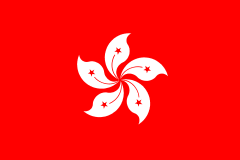 Hong Kong man fined for posting porn link on forum
Hong Kong man fined for posting porn link on forum  And Vietnam will ban photo exhibition to keep it secret
And Vietnam will ban photo exhibition to keep it secret  Depicting censorship, revisionism and aboriginal political correctness
Depicting censorship, revisionism and aboriginal political correctness 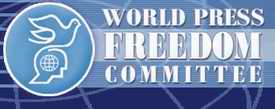 Survey of blasphemy and defamation laws
Survey of blasphemy and defamation laws  Soviet style control of Russian media
Soviet style control of Russian media 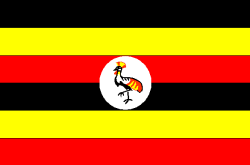 Uganda will re-introduce a law against adultery
Uganda will re-introduce a law against adultery  Tunisia blocks video sharing site
Tunisia blocks video sharing site  Thai political chat
room taken down
Thai political chat
room taken down  Suggest a politically correct code of blogging conduct
Suggest a politically correct code of blogging conduct  Canada rejects adult TV channel
Canada rejects adult TV channel  India bans Fashion TV
India bans Fashion TV 